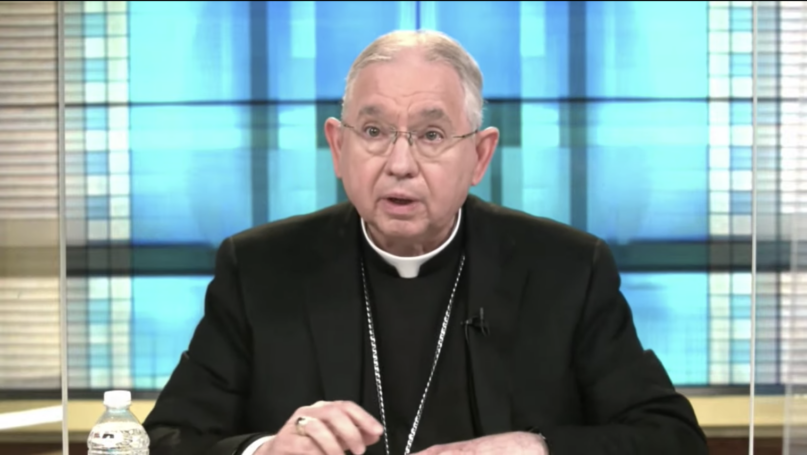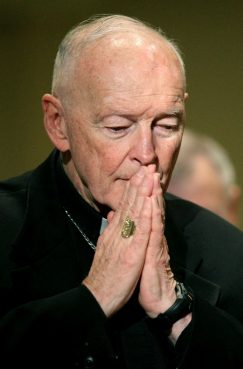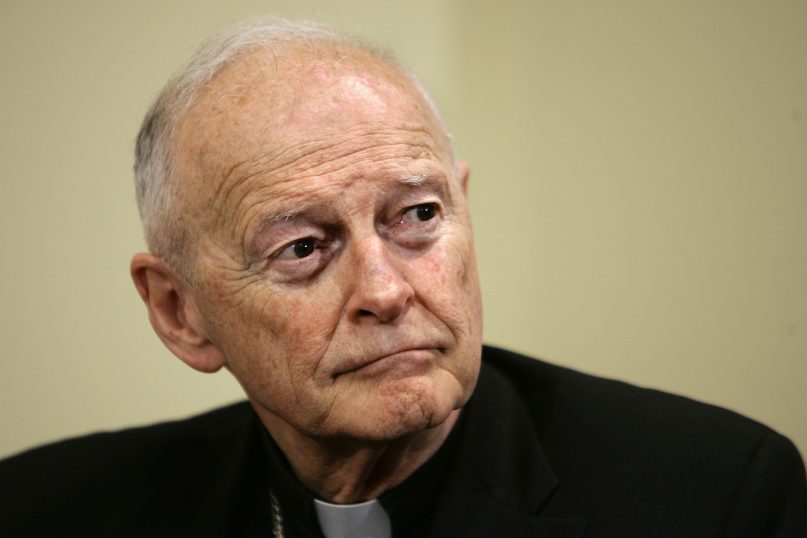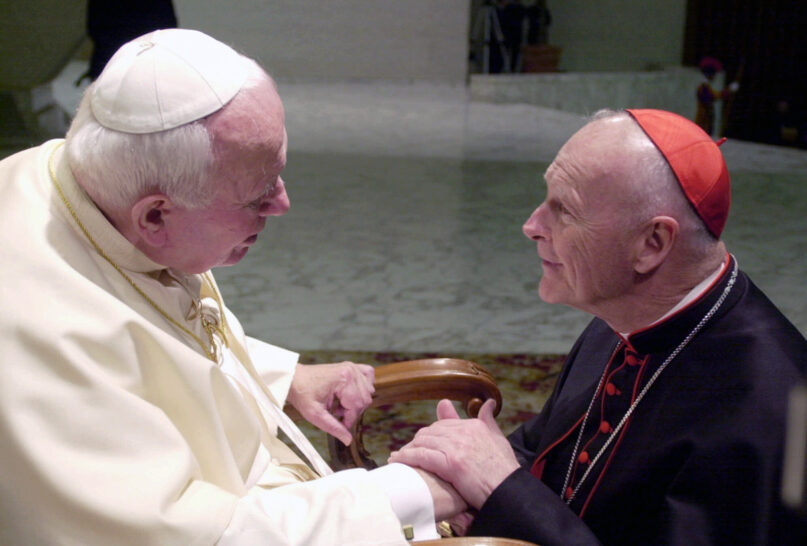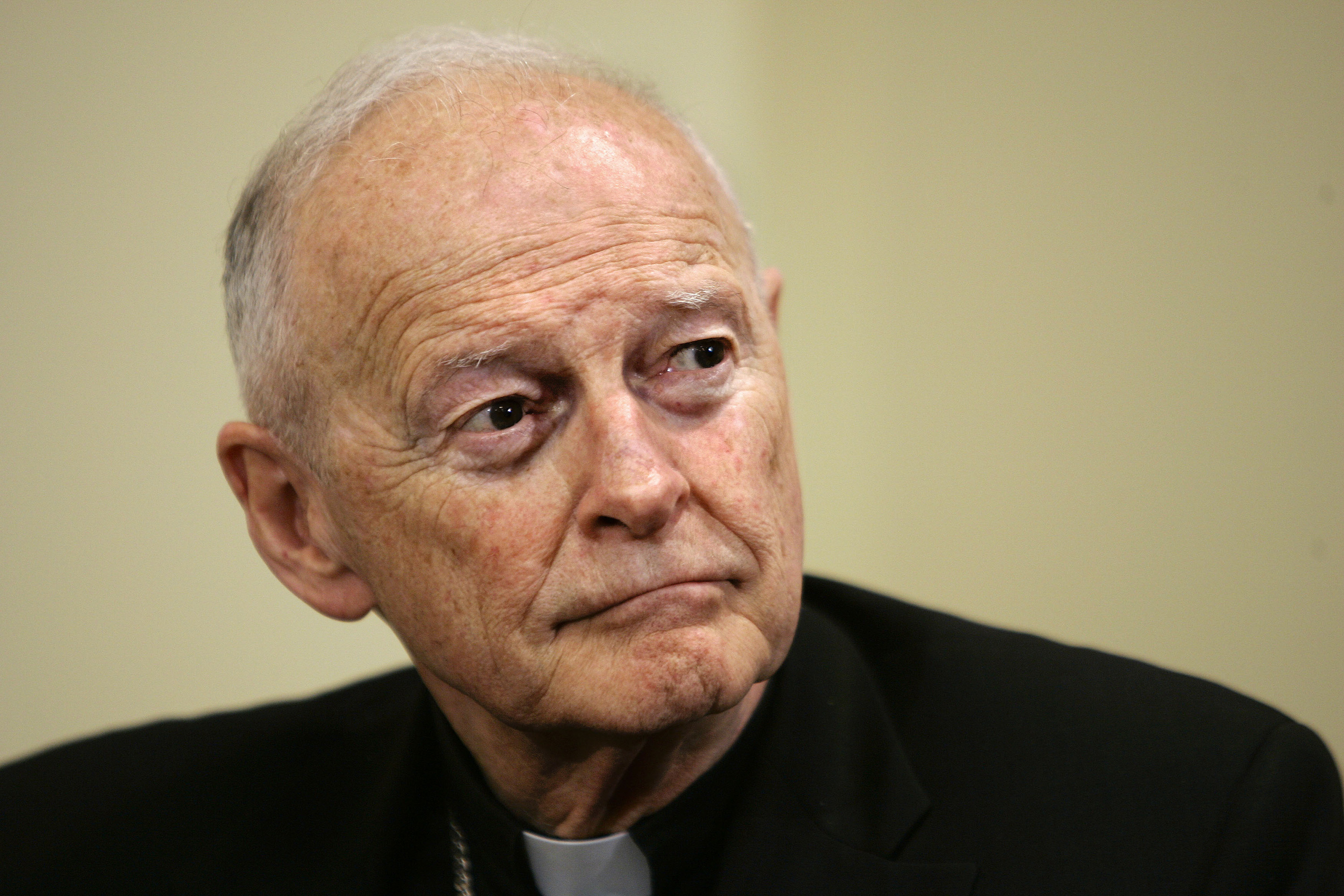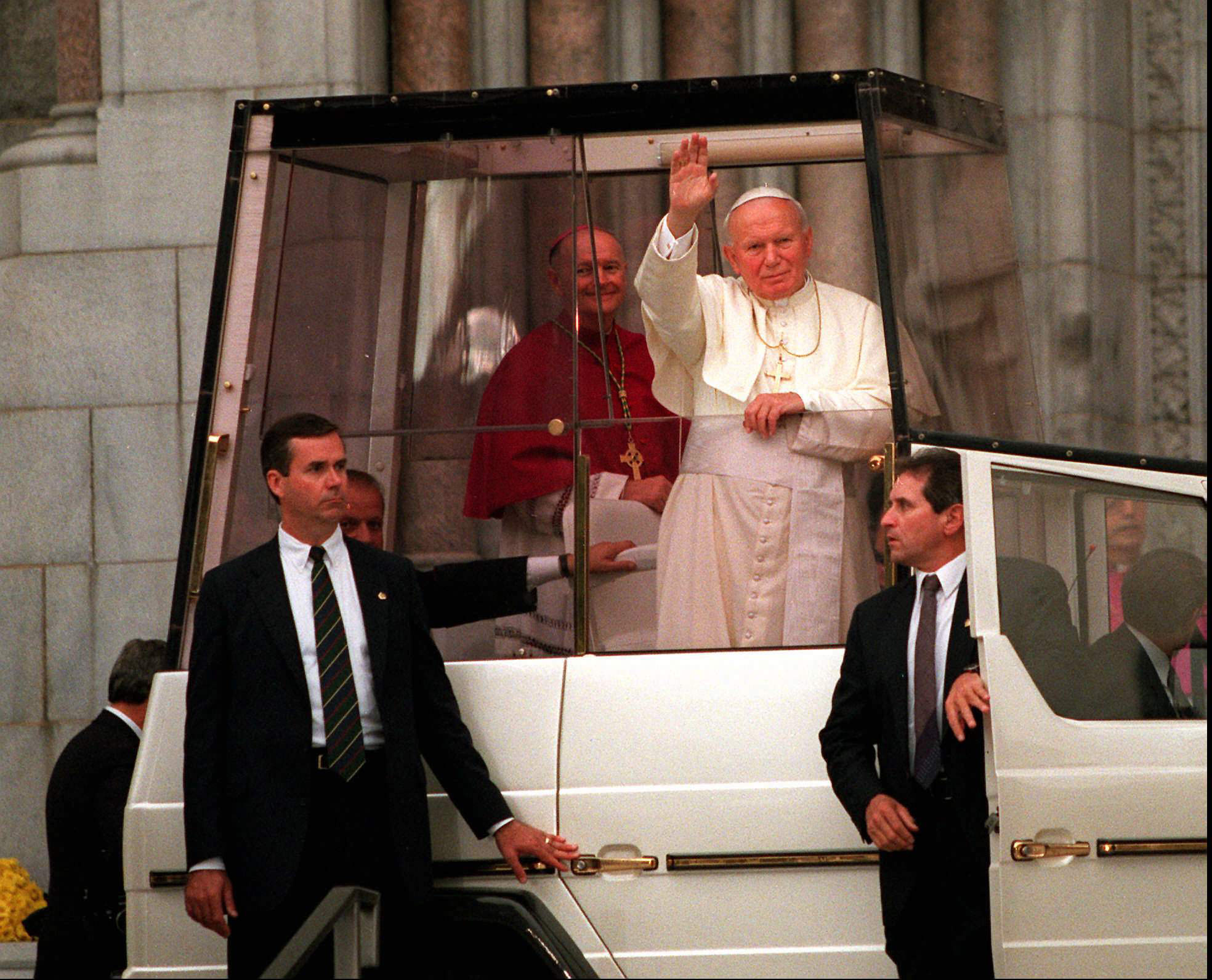
Jacek Lepiarz in Warsaw
Pope John Paul II is still seen by many in Poland as a national hero and moral authority. A recent documentary has caused outrage by alleging that he covered up clerical sex abuse cases while archbishop of Krakow.
The private Polish television channel TVN24 has been reporting for years about child abuse in the Catholic Church in Poland and about attempts to sweep the scandals under the carpet. And the latest program in the series, broadcast just a week ago, has really stirred up a hornets' nest.
The journalists behind the documentary provided what they say is evidence that Pope John Paul II knew of cases of abuse but did not take sufficient action against the abusers.

Born Karol Wojtyla in 1920, he is often referred to as the "Polish pope." John Paul II is viewed as a national hero in his native Poland, not just because he became head of the Catholic Church and the first non-Italian pope since the 16th century but also because of his strong opposition to communism. He died in 2005 and was canonized in 2014.
Indeed, so great is his influence in Poland that the people who consider John Paul II to be their lodestar and point of reference and have been shaping politics and culture in Poland since the collapse of the Iron Curtain are even referred to as the "JP2 generation."
Three cases of abuse
The period under scrutiny in the TVN24 documentary was the 1960s and 1970s, when Karol Wojtyla was archbishop of Krakow — in other words, before he was elected pope in 1978.
The documentary focused on the cases of three priests who sexually abused minors and then — in some cases after serving prison sentences — were allowed to continue working as priests. In one case, the priest in question, who also worked as an informant for the communist secret service, was transferred to Austria.

Several of the victims spoke in the documentary, most of them anonymously. One of the victims claimed that he told Wojtyla about sexual abuse by one priest as far back as 1973. He says that the archbishop asked him not to say any more about it.
A gift for the government?
Some in Poland have said that the allegations should lead to a reassessment of John Paul II's legacy. Members of the opposition alliance The Left have even called for his name to be removed from public spaces, including schools and kindergartens named after him.
But Poland's ruling conservative political alliance, the United Right, has seized the opportunity presented by the documentary to divert attention away from its own problems. The Law and Justice party (PiS) — the largest party in the alliance — is under considerable pressure because of rising prices and several corruption scandals.

Coming just six months before parliamentary elections in Poland, the criticism of the popular pontiff is like manna from heaven for the government.
'An attempt to trigger a culture war'
The government's response was swift and strongly worded: Prime Minister Mateusz Morawiecki called the accusations "an attempt to trigger a culture war in Poland." Culture Minister Piotr Glinski went so far as to say that "an attack on the pope is an attack on Poland."
The current archbishop of Krakow, Marek Jedraszewski, sang a very similar tune, speaking of a "second assassination attempt on John Paul II." This was a reference to the fact that John Paul II was seriously injured by a gunman in the Vatican in May 1981.
Right wing rushes to the pope's defense
The PiS reacted swiftly by drafting a resolution for the parliament to "defend the good name of Saint John Paul II." The resolution read: "The Sejm [lower house of the Polish Parliament] … strongly condemns the shameful media campaign, based largely on the materials of the communist apparatus of violence, whose object is the Great Pope — Saint John Paul II, the greatest Pole in history."

The PiS parliamentary party dismissed the documents shown in the TVN24 report as having been "fabricated by the communists" and held up images of the deceased pope in the chamber during the debate. The resolution was passed by a large majority, with some members of the opposition voting with the PiS.
The speaker of the Parliament, Elzbieta Witek (PiS), also waded into the debate. "John Paul II is our identity, our foundation and our bond. The communists knew this perfectly well and that's why they sought to destroy him while he was alive. Today, their heirs are doing it after his death," she said in a televised address last Thursday. Witek went on to say that Pope John Paul II was "a beacon of freedom" for Poles.
Mobilizing voters with talk of a 'religious war'
In reality, the documents from the communist secret service, which are archived in the Institute of National Remembrance, IPN, are only part of the papers presented as evidence in the documentary. Court and church records, as well as victim statements, also featured prominently in the program.

"The PiS is cynically using John Paul II as a means of holding onto power. The party assumes that it will mobilize its voters with this religious war, thereby securing a third term in power," said Justyna Dobrosz-Oracz of the Polish daily newspaper Gazeta Wyborcza.
Liberal icon defends the pope
Yet the dispute about the accusations against John Paul II transcends the usual left-right political divide. An icon of Poland's liberal opposition, Adam Michnik, the editor-in-chief of Gazeta Wyborcza, has called on people not to reduce the pope to the clerical sex abuse scandal.

The former civil rights activist, who declared himself in favor of an alliance between the church and the left-wing laity in the 1970s, recalled the late pope's contribution to the defeat of the communist dictatorship and his commitment to Poland joining the European Union. "Wojtyla was a child of his era. What is a matter of course for us today was not a matter of course 40 years ago," said Michnik, even before the TVN24 documentary was aired.
Church to set up inquiry
Even Pope Francis, the current head of the Catholic Church, has called for understanding. "You have to put things in the context of the era. [...] At that time everything was covered up. […] It was only when the Boston scandal broke that the church began to look at the problem," said the pope in a recent interview with the Argentine newspaper La Nacion.
In a first response to the documentary, the Polish Bishops' Conference declared that "further archival research" would be needed to arrive at a just evaluation of the decisions and actions of Karol Wojtyla.
It then announced yesterday that it had unanimously decided to put together "a team of independent specialists to search state and church archives to shed light on cases of the sexual abuse of minors by some clerics." It stressed that the report would focus on all dioceses and religious orders in Poland.
Adapted from the German by Aingeal Flanagan
